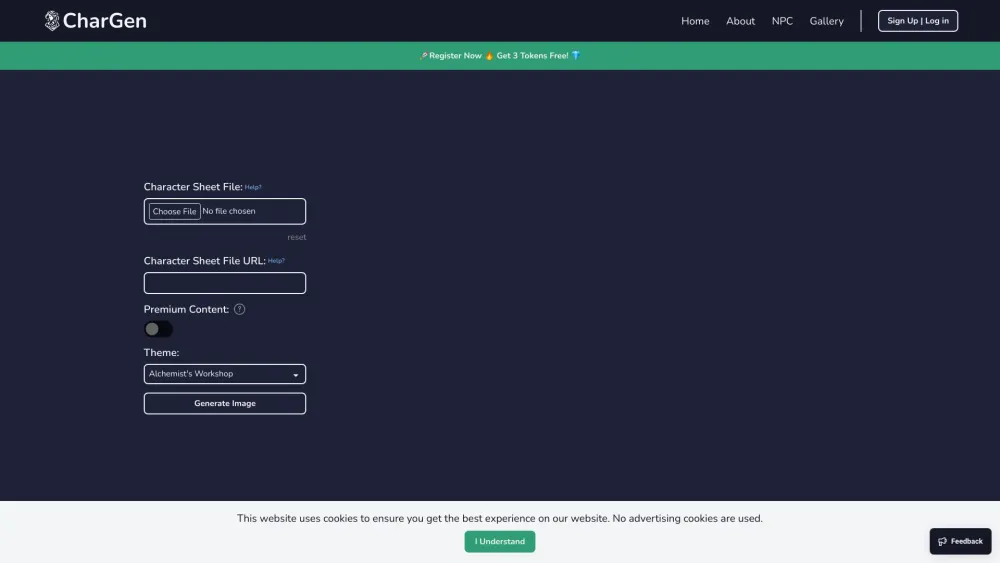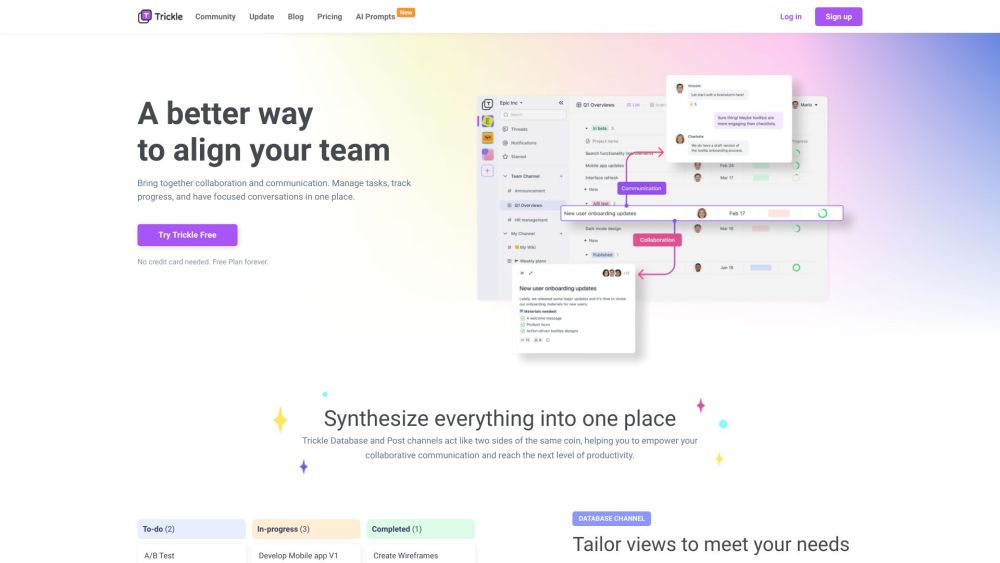The FCC Declares AI-Generated Voice Robocalls Illegal: What You Need to Know
Most people like

Introducing an AI-powered tool designed to generate concise content summaries effortlessly. This innovative solution harnesses advanced algorithms to distill information, making it easier for users to grasp essential points quickly. Whether you’re a student, professional, or content creator, this tool enhances productivity by streamlining your reading process. Transform the way you consume information with our cutting-edge AI technology!

Unleash breathtaking AI-generated artwork for your TTRPG and D&D characters. Transform your imaginative creations into stunning visual masterpieces!

AI Video Tools for Influencers: Elevate Your Content Creation
As an influencer, capturing your audience's attention is critical in today's fast-paced digital landscape. AI video tools empower you to enhance your content effortlessly, allowing for more dynamic storytelling and engaging visuals. With the right AI technology at your disposal, you can streamline the video production process and create high-quality, eye-catching videos that resonate with your followers. Discover how these innovative tools can transform your content strategy and boost engagement across platforms.
Find AI tools in YBX




